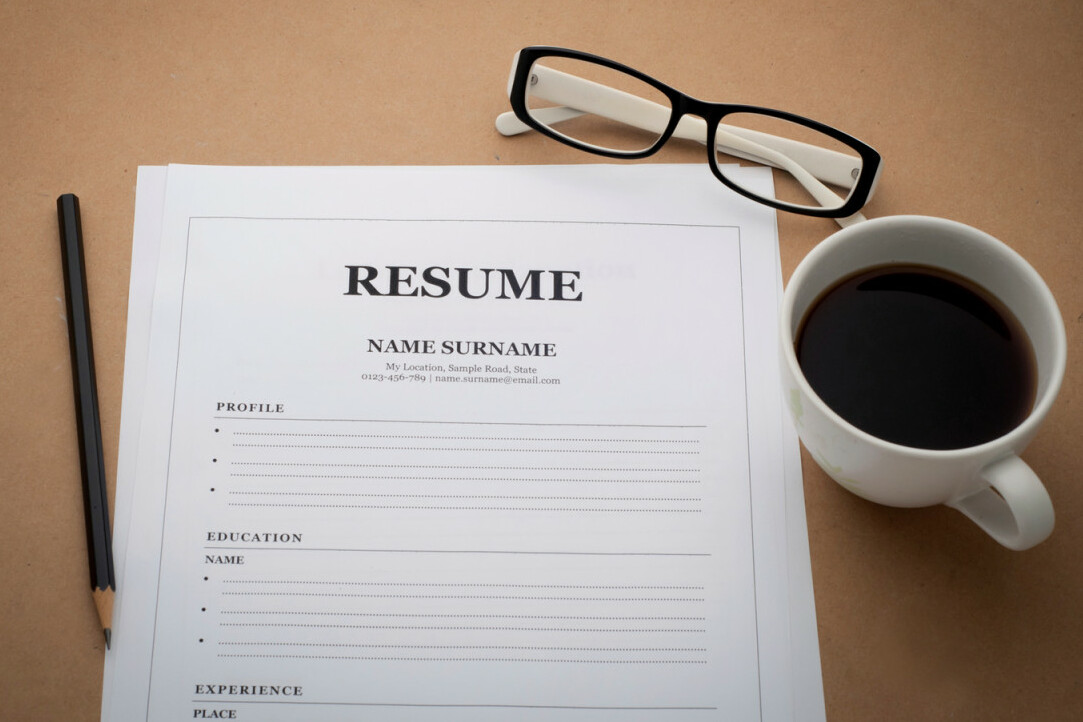The First Step Towards The Dream Job

Nowadays, everyone really knows the value of time. Recruiters and employers do not want to spend it on clarifying information and meeting with unpromising candidates. Therefore, if your resume does not “catch” the reader at one stroke, then most likely you will not land a desired position. The correct drafting of this document begs many questions, even for people with great experience, much less students who have just graduated and cannot boast of work experience.
Lack of experience is not a reason to miss a chance. Correct approach to resume preparation will help to stand out from the competitors. Now then, let us go through the basics.
A good resume should be:
- Informative - contain enough facts that characterize you as a specialist. Facts should be presented in a consistent and understandable manner.
- Selling - after examining your resume, the employer should understand the benefits of hiring you.
- Memorable - the resume should create a unique image, so that the reader’s memory can get hooked on it and then push your positive image in different personnel selection situations. Try to be on a charm offensive in your resume.

What is the secret of writing a good resume?
Let us consider the structure in details:
- Photo, name, date of birth, place of residence, citizenship
Recently, more and more often in job postings you can see the postscript: "CVs with photographs are considered first of all". Therefore, make sure that your photo is in the file that you will be sending to the potential employer. A full-length photo should not be applied; a small portrait (2x3 cm) will be enough. Your photo in the resume, as well as your avatars in social networks and instant messengers - is the first visual image that will be associated with you.
If you are ready to move or consider only remote work, be sure to write about it. This will increase the visibility of your resume and increase your chances of being invited to an interview.
- Contact Information
It is desirable to specify all contacts that are acceptable to you. In addition to e-mail and phone number, specify Skype, VK, Facebook, messengers in which you can be contacted.
Keep in mind that if the employer is seriously interested in your resume, you will be definitely searched on social networks. This is a mandatory part of the final “checks” before making an offer to the candidate.
- Desired location and salary
It is advisable to correlate this block with the terms of the vacancy for each of your responses to a new vacant position. If the vacant job is a “translator”, and you send your resume as a “sociologist”, then an employer immediately get the feeling that you are not the right person. There is no interest for a recruiter to solve puzzles and figure out where to land you if, instead of a concrete position, you indicate, for example, “manager”, “specialist”, “engineer”, etc.
What discourages the employer in this block?
First of all, the discrepancy between the young age of the candidate and the claims to a high position and salary. For example, when at 22, a person applies for a senior qualification.
- Key skills
First, name useful professional skills. Language proficiency, professional competencies and knowledge. Do not forget to indicate not only skills, but also the real experience of their application.
For example, you write that you take good pictures. Support this with information about how many photo reports you made, where your pictures were placed, what processing programs you know how to work with.
- Work experience - where and when, positions, duties
Instead of dry listing dates, internships, volunteer projects and participating in student conferences, recruiters want to see the history of your working life. For each place of work, it is highly desirable to describe what you did there, what benefits to the employer you brought, what projects you participated in and what parts of the projects you did individually.
Indicate in the resume that you are enthusiastically taking up the case and aiming at a successful result. This is the main advantage against experienced professionals who have no desire to perform duties for humble wage.
- About yourself in a free form (hobbies, interests)
In this block you are free to write about your principles, hobbies and wishes for a new job.
Write what referral tasks you prefer, what you are crazy about, what technologies you would like to work with, what tasks you are not ready to do, what additional benefits you can bring to your employer. Here you can detail your vision of the wage system as well. How much do you want to gain?
- Education
This section should indicate: diploma, specialty, year of graduation.
At the beginning of your career, when you still do not have the opportunity to describe comprehensively your work experience, certificates of additional education may come to your aid. This applies to both technical skills and knowledge of foreign languages. If you do not have certificates, try to get them. Learn what online programs and tests you could pass, prepare for them and get through. Lack of certificates is not bad, but having them is an advantage.
If you write your resume in a simple phrase, patchy ironically, you will make your resume interesting, charismatic and memorable. You will cause sympathy and leave a mark on the emotional level of the reader.
Do not forget to test your resume on someone you know. Give a friend to read it and ask to characterize you based on the information from the resume. Use the results of an experiment to refine your resume and raise a profile.
Text by
Maria Kulagina
